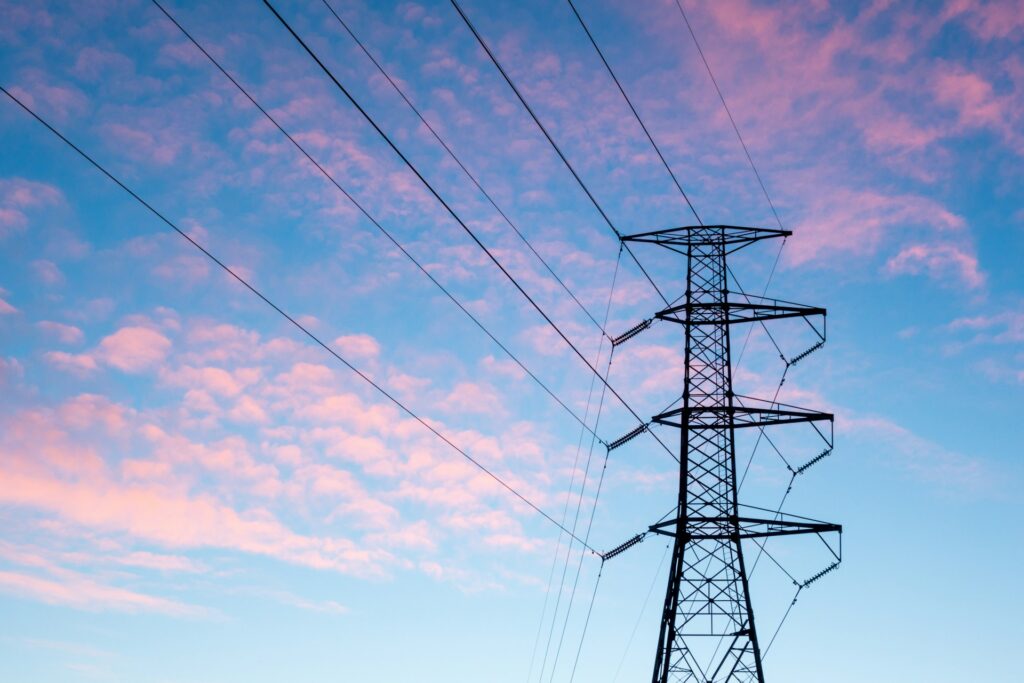
With only three working days left in this year’s regular legislative session, a controversial energy bill that looked like an irresistible force coming out of the South Carolina House has met an immovable object. Its name? The South Carolina Senate. Senators haven’t scheduled a floor vote on the utility-friendly bill.
So the question now is whether the stalled bill is actually dead – or can one senator’s compromise plan get it restarted before the clock runs out Thursday?

As the Senate’s intention to block the bill became clear this week, frustrations reached a boiling point among supporters in the House with Seneca Republican Rep. Bill Sandifer employing a seldom-invoked rule to attach the 70-page energy bill to an unrelated suicide prevention measure that already passed the Senate. The move, which Sandifer defended as appropriate given the Senate’s inaction, drew outrage from House Democrats.
“I resent the action of this chamber,” said state Rep. Gilda Cobb-Hunter, D-Orangeburg. “It’s a disservice to families who have been crushed by people who commit suicide.”
But Republicans quickly voted down the Democrats’ objection and passed the revamped, cobbled-together bill, which senators say could lead to the collapse of the suicide prevention initiative if the House refuses to remove the extraneous language.
“Wildly overambitious”
While there’s broad agreement that South Carolina, currently the nation’s fastest growing state, will need to bring significant new power generation capacity online over the next decade, the House energy bill engineered by House Speaker Murrell Smith, R-Sumter, has faced withering criticism from the start. Of particular concern have been provisions to weaken utility regulators at the Public Service Commission (PSC), fast track large-scale new natural gas plants and pipelines, and erect barriers to solar energy projects.
These concerns led then-PSC Commissioner Tom Ervin of Greenville to resign from the utility board on March 13 in protest of the legislation.
“House Bill 5118 would remove important regulatory guardrails,” Ervin wrote in his resignation letter, “resulting in dramatic changes in existing law which will give investor-owned utilities a blank check with guaranteed profits resulting in much higher utility rates for residential customers.”
 Other critics, like League of Women Voters of South Carolina Vice President Lynn Teague, have also noted that much of the anticipated new energy demand is driven not by population growth, but by the state’s ongoing efforts to attract new data centers, like Google’s planned facility in Dorchester County. The data centers, Teague points out, are “energy hogs” that only employ about 20 workers per facility.
Other critics, like League of Women Voters of South Carolina Vice President Lynn Teague, have also noted that much of the anticipated new energy demand is driven not by population growth, but by the state’s ongoing efforts to attract new data centers, like Google’s planned facility in Dorchester County. The data centers, Teague points out, are “energy hogs” that only employ about 20 workers per facility.
“Ideally, there would be a moratorium on building them,” Teague told Statehouse Report Thursday. “Absent that, data centers should pay in full for the energy they use, not expect other ratepayers to subsidize them.”
Of the energy bill itself, Teague says it was “wildly overambitious,” and failed to consider the concerns of ratepayers.
“We are still paying, and will be paying for years, for the failed V.C. Summer,” Teague said, referring to the legislature-approved nuclear power project that was abandoned in 2017 at a cost of $9 billion to ratepayers. “And this bill eliminates the protections we put in place to ensure we don’t have that same kind of problem again.”
Of all the concerns raised by all the bill’s many critics, it’s clear that V.C. Summer is the ghost that’s haunted the process from the start.
In fact, it was the chief concern that Senate Majority Leader Shane Massey, R-Edgefield, discussed when he made his opposition clear in March.
“I am suspicious of efforts to roll-back the regulatory protections that were put in-place just a few years ago,” Massey said. “I am suspicious of efforts to fast-track things. I am resistant to efforts to weaken [the Office of Regulatory Staff’s] powers and to change their mandate.”
A “narrow path” forward?

Beaufort Republican Sen. Tom Davis says there’s still time – barely – for the Senate to pass a slimmed down version of the bill with provisions most legislators and members of the public agree on.
“I think there’s an opportunity,” Davis said in a Thursday interview. “It’s a narrow path and I’ve got people to persuade, but there is time to do it.”
To get there, Davis’s bill would focus on four items:
- Leveling the playing field for independent solar power producers
- Strengthening the PSC with additional resources
- Putting energy efficiency standards in place, and
- Giving Santee Cooper more authority to create partnerships in the context of a stronger regulatory environment.
Davis thinks he has “through the weekend” to get his fellow senators on board.
“It’s important to keep working right through to the end and don’t give up,” he said. “You can’t just throw your hands up in the air and say it’s too complicated, because this isn’t going away.”
- Have a comment? Send to: feedback@statehousereport.com.
















 We Can Do Better, South Carolina!
We Can Do Better, South Carolina!
Difficult to know the “facts” but Senator Massey comment regarding undoing counter measures put in place a few years ago convinced me. It fails the smell test and I hope it does not pass. 5